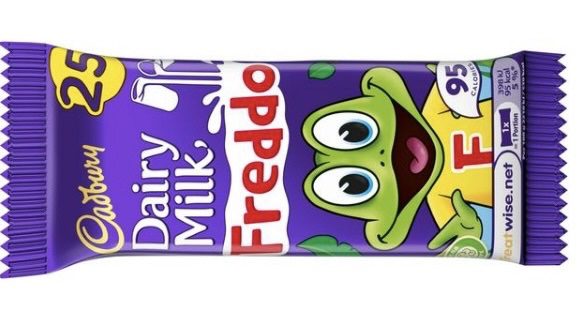
Price inflation continues to surge, reaching its highest rate in almost thirty years.
The latest official figures show the Consumer Prices Index (CPI) measure of price inflation rising to 5.4% in the 12 months to December, up from 5.1% a month earlier.
Prices are being driven higher by rising food and energy costs.
The last time CPI price inflation was higher than 5.4% was in March 1992, when it reached 7.1%.
Price inflation could continue to rise over the coming months, with the energy price cap being reviewed next month and higher domestic energy prices implemented on 1st April.
Also contributing to higher prices are furniture and clothing costs, increasing in the year to December.
Another commonly used measure is the Retail Price Index (RPI), reached 7.5%.
Commenting on the latest price inflation figures, Chancellor Rishi Sunak said:
“I understand the pressures people are facing with the cost of living, and we will continue to listen to people’s concerns as we have done throughout the pandemic.”
Price is being driven mainly by a higher cost of goods (6.9%) rather than services (3.1%).
A fall in output price inflation for goods in December, while a volatile measure, offered some hope that inflationary pressures could start to ease for some goods.
Jack Leslie, Senior Economist at the Resolution Foundation, said:
“Rising inflation means that Britain’s cost of living squeeze will continue to get tighter over the coming months, particularly when energy bills jump in April.
“The drivers are becoming more broad-based, though still goods-focused, and will therefore affect everyone across society. Output price inflation – a leading indicator of wider inflation – eased in December. This may be a blip, but it could indicate an easing of price pressures.
“Periods of sustained inflation over five per cent will be a new experience for a new millennials and Generation Z, and a throwback to older generations who remember the 1980s. However, the impact in terms of shrinking pay packets is becoming wearily familiar to younger workers, who have already experienced three sustained periods of falling real wages in their short careers.”
The increase in prices is not welcome at as the the recent Tax freeze is forecast to cost £430 a year
